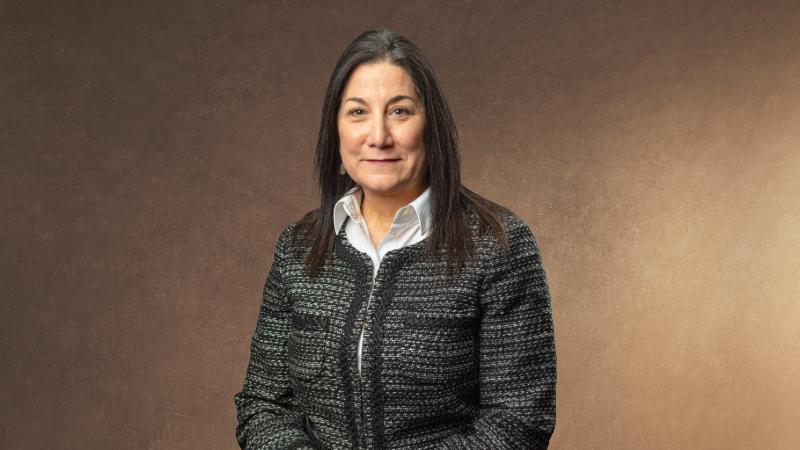
November 10, 2021
As the pandemic rolls on and the dangerous Delta variant continues to take the spotlight, many people are asking, “What about flu season?” Last year, the flu season was essentially nonexistent. Without universal infection prevention precautions like masking in place, we will likely experience flu season differently this fall and winter. In efforts to reduce our chances of a “twindemic,” here are some important answers to questions many people have about getting a flu shot this year:
Why is getting your annual flu shot important?
The flu, or influenza, is a seasonal upper respiratory infection that normally starts affecting people in late November and peaks around mid-February. The flu can cause a number of different symptoms including fever, headache, chills, sneezing, coughing, upset stomach, sore throat, and body aches. To help reduce the number of flu infections, medical professionals normally recommend that you get an annual flu shot, or influenza vaccine, in the fall before the peak season in winter.
Flu shots prevent millions of flu-related illnesses, lost time and productivity, and medical visits each year. According to the Centers for Disease Control (CDC), flu vaccination among adults reduces the risk of being admitted to an intensive care unit (ICU) with flu by 82 percent.
Even though the flu has not been as prevalent during the current COVID-19 pandemic, we do not know what this year’s flu season will look like, especially with reduced use of infection prevention precautions in the community like masking. It is important to get immunized to help keep you healthy, as well as prevent unnecessary medical visits and testing when resources are already limited.
Why do I need to get the flu shot every year?
The flu virus mutates and changes frequently, so an updated immunization is necessary each year to make sure that you are best protected against the most likely prevalent strains for the season. Even if the immunization does not end up completely matching with the prevalent strains that year, it will still cover for newer strains of the flu and will help prevent future infections.
Who should get the flu shot?
Everyone 6 months of age or older should get their annual flu shot. There are very few exceptions to this recommendation. A higher dose flu shot is also recommended for high-risk individuals and those over age 65.
Should kids get the flu shot?
Yes, kids especially are at risk of upper respiratory infections as they are often around many other kids at school or group activities. Flu shots can significantly decrease the incidence of spreading or having significant flu symptoms, and can help prevent kids from missing school and other activities. Moreover, we have seen kids become severely ill due to dual infections, such as a child battling RSV (another respiratory virus) and COVID-19 at the same time.
Should I get the flu shot if I have received a COVID-19 vaccine?
Yes, they are two very different viruses so your immune system needs to produce different antibodies against each of them. The COVID-19 vaccine will not prevent the flu and the flu shot will not prevent COVID-19. Currently, our clinic has been giving people the COVID-19 vaccine and the flu shot at the same appointment. This is approved and I have not personally heard of anyone experiencing significant side effects due to getting both at the same time.
Can I get the flu from the flu shot?
The short answer is NO.
Some people may experience mild symptoms after the flu shot, including body aches or fever, but this is simply a response to your immune system working to produce antibodies against the virus. There is no actual live or infectious flu virus in the flu shot so it is not possible to get an infection from it.
Where can I get the flu shot?
Almost every pharmacy and medical clinic in town has the flu shot available. Most of the time you can walk in and get it done without an appointment and most insurance plans completely cover the cost of the flu shot. There are also numerous sponsored events throughout the community and schools where people can go to get their flu shot.
Dr. Robert Johnson is a Family Medicine provider at St. Peter’s Health and is a board-certified member of the American Board of Family Medicine.


